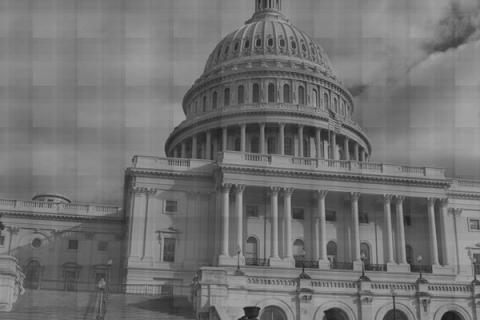Last Tuesday, California'svoters passed a constitutional amendment stripping the ability of gay personsto enter into a marriage contract. The final ballots have been tallied, but theheated debate over gay marriage is far from over. There is an important underlying issuerelated to this proposition, and it concerns the right for two persons to enterinto a voluntary contract. This is an argument California courts will have to face withregard to Proposition 8's constitutional implications.
Per Article4, Section 3 of California'sConstitution, the United State Constitution is the supreme law of the land.Looking first to the United States Constitution, consider the effectProposition 8 will have on gay marriages that have already been recognized bythe state. Pursuant to Article1, Section 10,No State shall...pass any...ex post facto Law, or Law impairing theObligation of Contracts. And, under California'sConstitution in Article1, Section 9, a bill ofattainder, ex post facto law, or law impairing the obligation of contracts maynot be passed.
Is there really room for interpretation here? Over 18,000 gay marriageshave been officially recognized as legal contracts between two consenting persons. Besides, the state would face strong opposition if it attempted to nullifypre-recognized marriage contracts and open the door for a major class-actionlawsuit.
But what about future contracts?
The FirstAmendment was established to further prevent the passageof laws that would limit the establishment of religion or prohibit the freeexercise thereof. Yet, if the government establishes a universal definitionof marriage, while somereligions accept gay marriage under their definition, it isestablishing a law prohibiting the free exercise of religion.
Proponents of Proposition 8 will argue that the governmentis not banning religious unions, and thus does not restrict the free exercise ofreligion; it just does not recognize such unions as legal contracts. Therefore,the proponents argue, that the government is not restricting the free exerciseof religion. Then, purely in terms of contractual rights, on what basis doesthe state accept some marriage contracts and refuse those between gay couples? If it is based on the gender of the personsgetting married, it is restricting such contracts based on sex. Thus, should we uphold the constitutionalityof Proposition 8, our legal system will set a precedentfor the state to not recognize voluntary contracts based on the gender of theparties of a contract.
Based on the aforementioned precedent, what would stop aninitiative from changing our constitution by restricting a woman frompurchasing a car from a man? Or a manfrom selling a house to another man? Asridiculous as such initiatives sound, Proposition 8 paths the way for thevalidity of a contract to be determined by the gender of the persons enteringthe contract. All voters would have todo is pass another initiative.
That brings us to the validity of the initiative processitself. Should a majority vote besufficient to amend the most precious and important law of the state?
If segregation were left to the vote of the majority, blackswould have had to wait a lot longer to receive equal protection under thelaw. It was the courtsthat extended such rights, not the voting majority. Yet, if Proposition 8 iswritten into our constitution, the initiative process supposes that, given 51%of the people support it, the government can restrict any voluntary contractbased on gender, regardless of the court's opinion. What if the South, not content with thecourt's decisions a few decades ago, simply passed an initiative over-rulingthe court's rulings on segregation?
In fact, California repudiated a ban on interracial marriageon the basis of racial discrimination in 1959 as did the UnitedState's Supreme Court in 1967. How would the same state and country claim aban on same-sex marriage does not constitute the same kind of discrimination,this time on the basis of sexual orientation?
Our founders, as stated in Article4, Section 4 of the Constitution, warned against exactly theform of majority governance we are now recognizing as a legitimate legislativeprocess, when they guaranteed every state a republican form of government; onethat respected the checks and balances of the judicial, executive, andlegislative branches over pure democracy. The founders may have hadconflicting opinions about gay marriage, but they would agree that something assacred as a constitution should not be amended by simply passing an initiative.
Supporters of Proposition 8 may really believe they areprotecting the sanctity of marriage, but is Californiawilling to sacrifice the sanctity of our US and State Constitution to upholdtheir will?
